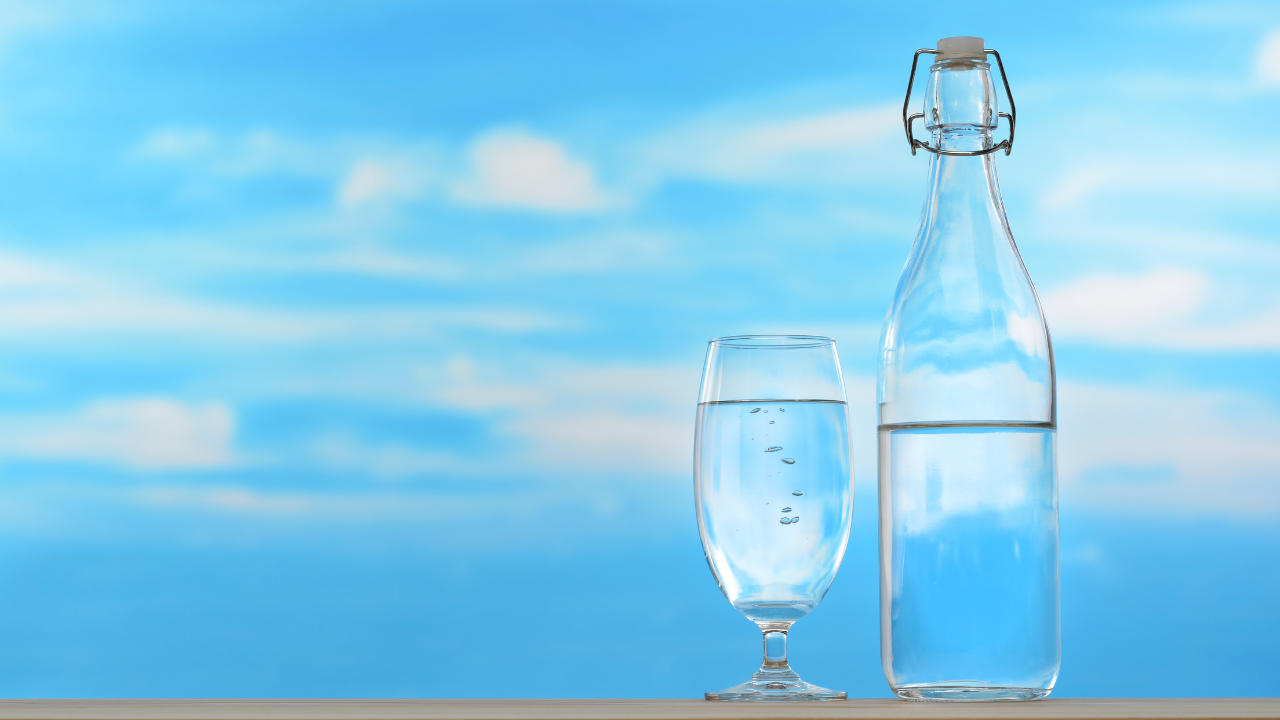1. Reduce joint pain and inflammation
A joint can be defined as the meeting place of two skeletal bones. The majority of our joints are synovial joints which are surrounded by a membrane and bathed in fluid. These joints also contain shock absorbing materials to distribute impact forces such as meniscus, cartilage, or vertebral discs in the spine.
If the body does not have an ample supply of water joints begin to dry out and inflammation and pain can occur or grow worse due to the increased friction between the bones. A lack of water can also delay repair and regeneration of joint structures. Water is essential for chemical reactions, to transport nutrients, and provides the means to remove toxins that can accumulate.
2. Weight loss and maintenance
Although it might seem counterintuitive, drinking an adequate amount of water will decrease weight gain due to water retention. Just like with food, when the body is deprived of water it begins conserving and storing the fluid it has.
Thirst is a poor indicator of the body’s need for water. In general, once the thirst mechanism is activated dehydration has already begun. Further complicating the situation is that the body’s signal for fluid is the same as for food. So, although the body may be asking for water it is easy to misinterpret the cue as hunger which can lead to excess calories and weight gain.
Ample water raises metabolism by increasing the efficiency and speed of body activities. This includes appropriate functioning of the liver and kidneys. When water is scarce the kidneys don’t work properly causing the liver to work overtime. In addition to lowering metabolism this can increase the chances of kidney stones, constipation, and irritable bowel syndrome.
3. Resistance to colds, flu, and allergies
Mucous membranes are largely water. These protective barriers in the lungs, gut, and nasal passages keep bacteria, viruses, and other irritants out of the body. Low water intake breaks down this layer of resistance increasing the likely hood of illness.
How much water should you drink?
You’ll find many recommendations, here are two simple strategies.
1. Drink half your body weight in ounces.
For a 140 lbs person this would be equivalent to 70 ounces of water. 140/2 = 70
Common Measurement Conversions
1 cup = 8 ounces
1 quart = 32 ounces
1 liter = 33.8 ounces
1 gallon = 128 ounces
A 140 lbs person would need to drink just over 2 liters of water.
Other factors such as alcohol and caffeine consumption, exercise, environmental temperature and humidity, and health conditions can also influence how much water you need to consume.
2. Monitor urine output
Measure output by urine frequency, volume, and color. A bathroom break every couple of hours that yields a moderate volume of straw colored urine indicates adequate hydration.



